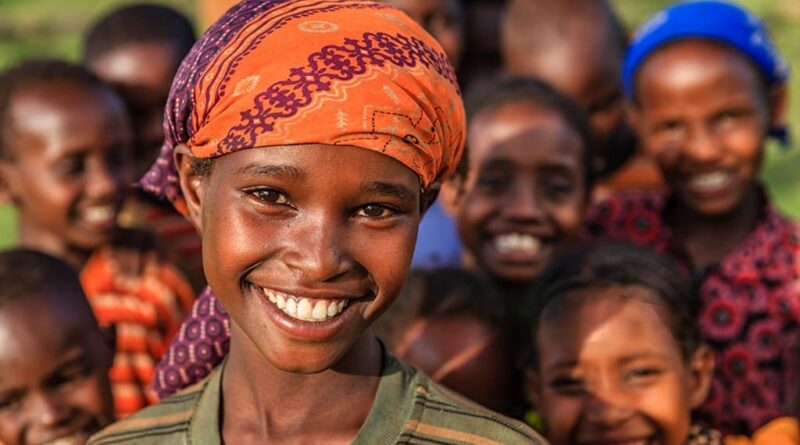How Youth Empowerment Can Tackle Climate Change in Africa
Africa is home to the world’s youngest population, with over 60% of its people under the age of 25. At the same time, the continent faces some of the harshest effects of climate change—from prolonged droughts and unpredictable rainfall to devastating floods and declining crop yields. This dual reality positions young people at the very heart of Africa’s climate future: they are both the most affected and the most powerful agents of change.
The Urgency of Climate Action in Africa
Climate change is no longer a distant threat; it is a present-day crisis. Farmers are struggling with shorter growing seasons, communities are being displaced by floods, and access to clean water is becoming increasingly scarce. If unaddressed, these environmental pressures will continue to worsen poverty, inequality, and food insecurity across the continent.
Yet, within this challenge lies an opportunity: by empowering Africa’s youth, we can mobilize a generation capable of driving sustainable solutions and building climate resilience.
Why Youth Empowerment Matters
Young Africans represent creativity, innovation, and resilience. With access to education, resources, and leadership opportunities, they can:
- Innovate in Renewable Energy: From solar micro-grids to clean cooking technologies, youth-led startups are already pioneering solutions that provide affordable, eco-friendly alternatives for rural and urban communities.
- Transform Agriculture: Youth can adopt climate-smart agricultural practices—such as precision farming, hydroponics, and agroforestry—that increase food security while protecting the environment.
- Shape Policy and Advocacy: Through activism and civic engagement, young people can influence governments and institutions to prioritize climate justice and sustainable development.
- Leverage Digital Tools: With Africa’s fast-growing tech ecosystem, youth can use mobile apps, AI, and data science to monitor weather patterns, predict crop yields, and manage resources more effectively.
Education as a Catalyst
Education is the foundation of empowerment. By integrating climate literacy into school curricula, Africa can equip students with the knowledge and skills to understand climate risks and respond effectively. Beyond formal education, training programs and mentorship initiatives can prepare youth for green jobs, creating pathways that benefit both the economy and the environment.
Youth-Led Solutions in Action
Across Africa, inspiring examples are already emerging:
- In Kenya, young innovators are developing affordable solar energy solutions that reduce reliance on fossil fuels.
- In Nigeria, youth organizations are leading tree-planting campaigns to combat desertification.
- In South Africa, students are mobilizing around climate justice, demanding accountability from policymakers.
These initiatives highlight the transformative power of young people when given the right platform and support.
The Role of Organizations like Xanda Initiative
At Xanda Initiative, we believe empowering youth is central to Africa’s sustainable future. By providing training, resources, and platforms for collaboration, we aim to unlock the potential of young Africans to lead climate action. Whether through innovation hubs, community projects, or policy advocacy, our work centers on equipping young leaders with tools to create scalable, lasting impact.
A Call to Action
Climate change is not just an environmental issue—it is a human, social, and economic challenge. Empowering Africa’s youth to tackle it is not optional; it is essential. Governments, private sectors, civil society, and international partners must invest in youth-driven climate solutions, ensuring that the continent’s largest demographic asset becomes its most powerful weapon against climate change.
Together, we can transform Africa’s climate crisis into an opportunity for innovation, resilience, and sustainable growth—driven by the energy and vision of its young people.

